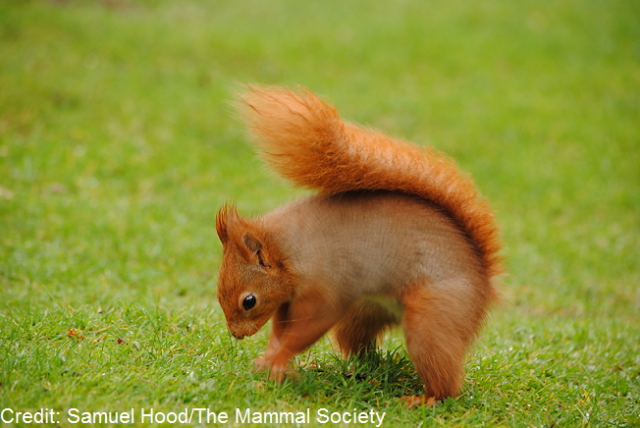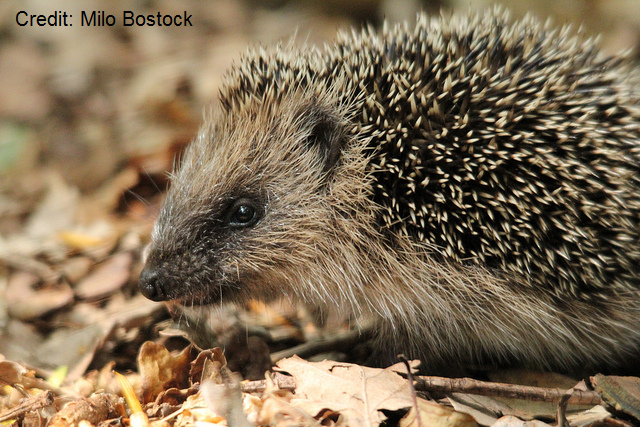What's the UK's favourite mammal?
The hedgehog was voted the Favourite UK Mammal in our 2016 poll with a huge majority! Thank you to everyone who voted. See the full results and find out more about hedgehog preservation in our news story. Find out more about UK mammals and conservation projects below.
This year a coalition of over 50 wildlife organisations completed a stock take of our native wildlife. The resulting State of Nature 2016 report concluded that it is not too late to save UK nature, but if we are to do so then we must act now. Over half of the species examined in the report have declined since 1970, while more than one in 10 species are at risk of extinction.
This Biology Week we launched a poll asking the public to vote for their favourite UK mammal in a bid to highlight the diversity of mammals in the UK and to raise awareness of their conservation needs. There are a total of 101 different species of mammal in and around the UK. Alongside The Mammal Society and People's Trust for Endangered Species we selected a shortlist of 10. Read more about UK mammals and how to protect them below.
 |
Water Vole (Arvicola amphibius)Water voles are the largest UK vole species, and are often confused with brown rats. In fact Ratty (of Wind in the Willows) was actually a water vole! Water voles are one of the UK's fastest declining mammals and used to be found in almost every waterway in England, Scotland and Wales. It is thought that they have been lost in up to 90% of these sites. Read our water vole blog. |
|
|
Red Squirrel (Sciurus vulgaris)Red squirrels were once common across the UK, but since the introduction of non-native grey squirrels in the 1870s their numbers have declined. The grey squirrels have contributed to the decline through competition (better feeders) and the spread and transmission of squirrelpox virus. Is this little red rodent your choice? Read our red squirrel blog. |
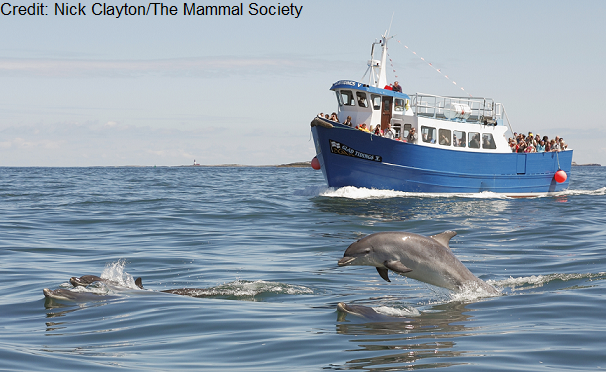 |
Bottlenose Dolphin (Tursiops truncatus)Did you realise that there are dolphins in the UK? There are actually several hundred bottlenose dolphins in UK waters. Dolphins are intelligent mammals with complex social relationships. Females can even act as midwives, helping other females give birth by pushing the calf to the surface to breathe. Is this marine mammal your favourite? Read our bottlenose dolphin blog. |
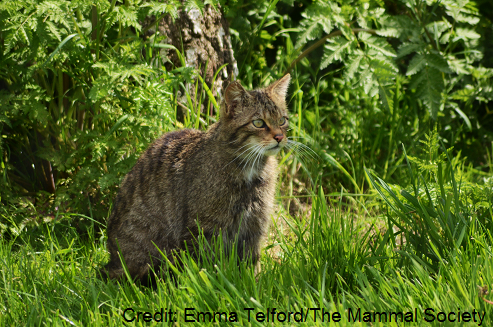 |
Scottish Wildcat (Felis silvestris)Despite resembling tabby cats, wildcats are larger, have bushier tails and have been dubbed ‘Tigers of the Highlands’. This mammal is rare, and the UK population could be as few as 400. The biggest threat is the domestic cat, as they cross-breed with wildcats to produce fertile offspring. This compromises the genetic integrity of the species, meaning it is tricky to find a ‘pure’ wildcat. Is this elusive feline your choice? Read our scottish wildcat blog. |
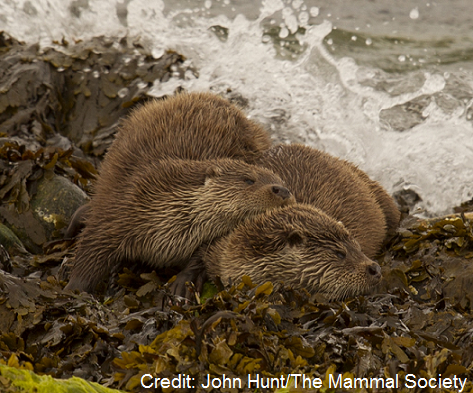 |
Otter (Lutra lutra)These mammals are well adapted to their semi-aquatic life. Otters have webbed feet, streamlined bodies and a muscular tail, allowing them to swim at a speed of about one metre per second. Otters dive underwater to catch small fish and can see just as well under water as they can above it. From a distance they resemble mink, but they are in fact much larger. Do you have a soft spot for otters? Read our otter blog. |
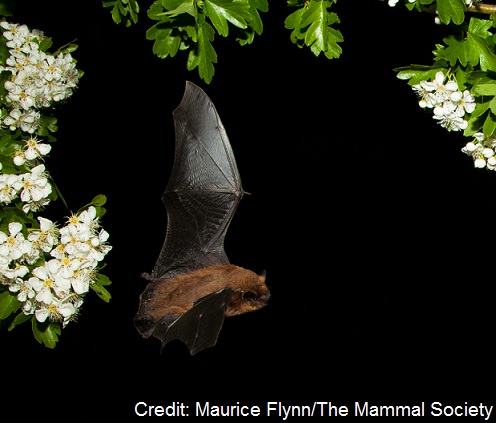 |
Soprano Pipistrelle (Pipistrellus pygmaeus)Along with common pipistrelles, soprano pips are the bats that you are most likely to see. These animals weigh about the same as a 20 pence coin, they have a fast and hectic flight as they chase insects that they consume on the wing. A single individual can consume up to 3000 insects in one night! Are you a fan of bats? Read our soprano pipistrelle blog. |
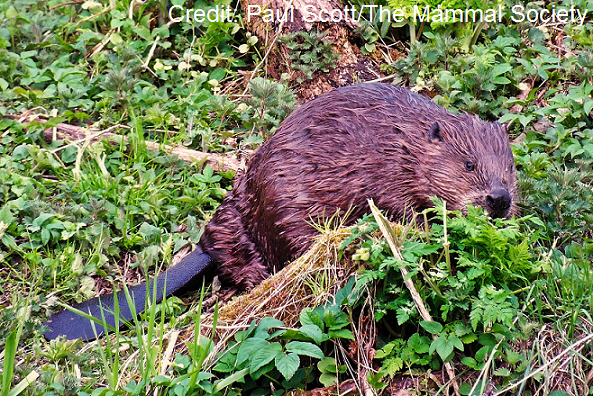 |
Beaver (Castor fiber)Beavers became extinct in the UK in the 16th century, largely due to extensive hunting for food, fur and even their scent glands. Beavers are ‘keystone species’ as they have a disproportionately large effect on the rest of the ecosystem. This can create favourable conditions for many other species to live. Small numbers of beavers have been reintroduced to the UK due to the range of benefits they provide to both wildlife and humans. Read our beaver blog. |
 |
Pine Marten (Martes martes)The pine marten is one of the UK's rarest carnivores. These cat-sized mammals are very rare and not very well known. There are around 3500 individuals in Scotland, but there could be fewer than 100 in England and Wales. Pine martens prefer woodland and are talented climbers, spending most of their time in trees. They can even leap up to four metres between branches! Could they be your choice? Read our pine marten blog. |
|
|
Hedgehog (Erinaceus europaeus)Hedgehogs are easily recognised as the only spiny mammals in Britain. They can hibernate between November and March, allowing them to save energy when food is hard to come by. Famously hedgehogs protect themselves from predators by rolling into a ball and erecting their spines. Hedgehog numbers are unfortunately declining across the UK, the greatest threat is habitat loss from agricultural change. Is this prickly mammal your choice? Read our hedgehog blog. |
 |
Red Fox (Vulpes vulpes)These much maligned mammals are opportunistic and can make use of a variety of habitats. In the UK for instance, foxes have adapted very well to urban environments. Foxes hunt with keen senses of smell and hearing, and likely use the latter to find earthworms, which can make up a large portion of their diet. Will the fox be your choice? Read our red fox blog. |
There are lots of other mammals we would have liked to include in our poll and all species are important. Read a blog from Fiona Mathews, Chair of the Mammal Society, about four of her other favourites. Find out more about UK mammals and conservation projects below.
Get involved
Mammals are among the most under-recorded species in the UK. Effective mammal conservation cannot happen without the baseline data of where they are and their population numbers. Luckily this is something you can help with. There are several ways to help record mammals as well as a number of things you can do for mammals at home:
- Download the Mammal Tracker app to submit sightings with an iPhone or android.
- Submit your mammal sightings online.
- Join your local mammal group to share knowledge, monitor mammals and more.
- Get lots of handy tips on how you can encourage mammals and other wildlife to your garden on the RSPB Give Nature a Home website.
Find out more
There are plenty of resources to help you discover more about protecting the mammals of the UK:
- Visit the People's Trust for Endangered Species website for more mammal facts.
- Read more about all UK mammals on The Mammal Society website.
Find out who won the Favourite UK Insect Poll last year.



